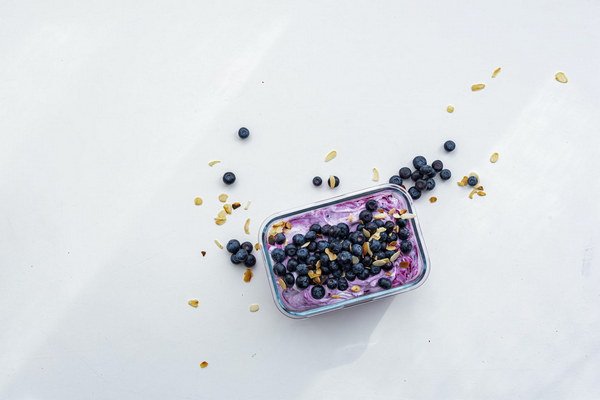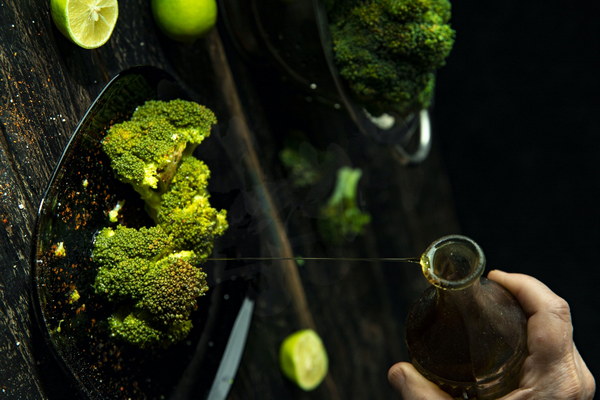Is Butter a Nutritional Supplement Unveiling the Truth Behind This Creamy Delicacy
Is Butter a Nutritional Supplement? Unveiling the Truth Behind This Creamy Delicacy
Butter, a staple in many kitchens around the world, has long been a subject of debate when it comes to its health benefits and nutritional value. With the rise of low-fat and fat-free diets, questions have arisen about whether butter can be considered a nutritional supplement. In this article, we delve into the nutritional composition of butter, its potential health benefits, and whether it can indeed be classified as a supplement.
The Nutritional Profile of Butter
Butter is made from churning cream, which is separated from milk. Its nutritional composition varies depending on the source of the milk and the fat content, but it generally consists of the following components:
- Fat: Butter is primarily composed of fat, with approximately 80% of its calories coming from fat. This fat is made up of saturated and unsaturated fats, with saturated fat being the predominant type. However, butter also contains small amounts of monounsaturated and polyunsaturated fats.
- Protein: Butter contains about 8% protein, which is relatively low compared to other dairy products like cheese or yogurt.
- Carbohydrates: Butter has a very low carbohydrate content, with less than 1 gram per tablespoon.
- Vitamins and Minerals: Butter is a rich source of fat-soluble vitamins, including vitamins A, D, E, and K. It also contains small amounts of calcium, phosphorus, and selenium.
- Cholesterol: Butter is one of the few foods that naturally contain cholesterol, with about 30-50 milligrams per tablespoon.
Health Benefits of Butter
While butter is not a nutrient-dense food, it does offer some health benefits:

- Vitamin Absorption: Butter contains vitamin K, which is essential for bone health and blood clotting. It also contains vitamin A, which is important for vision and immune function. These fat-soluble vitamins are more easily absorbed when consumed with fat, making butter a good companion for vegetables and fruits.
- Energy Source: The high-fat content in butter makes it a concentrated source of energy, which can be beneficial for those who need a quick energy boost.
- Selenium: Butter is a good source of selenium, an essential trace mineral that acts as an antioxidant and may help protect against certain types of cancer.
Can Butter Be Considered a Nutritional Supplement?
The question of whether butter can be classified as a nutritional supplement is more complex than a simple yes or no. While butter does provide some essential nutrients and may offer health benefits in moderation, it is not a comprehensive source of all the vitamins and minerals needed for optimal health.
A nutritional supplement is typically defined as a product intended to supplement the diet and provide essential nutrients. While butter can provide certain nutrients, it lacks many others that are crucial for overall health. For example, it does not contain fiber, which is important for digestive health, or a wide range of other vitamins and minerals found in fruits, vegetables, whole grains, and lean proteins.
Therefore, while butter can be a nutritious addition to a balanced diet, it should not be considered a substitute for a well-rounded nutritional supplement. It is best consumed in moderation as part of a diverse diet that includes a variety of nutrient-rich foods.
Conclusion
In conclusion, butter does contain some essential nutrients and may offer health benefits when consumed in moderation. However, it is not a nutritional supplement in the traditional sense. Its high-fat content and lack of a wide range of essential nutrients make it more of a condiment or flavor enhancer rather than a comprehensive nutritional source. As with all foods, it is important to consume butter in moderation as part of a balanced diet that includes a variety of nutrient-dense foods to ensure optimal health.









